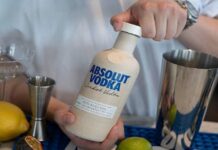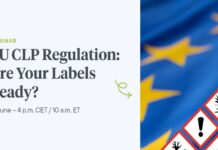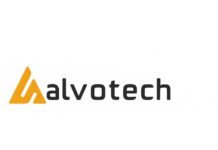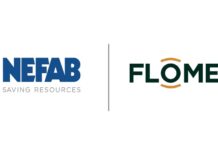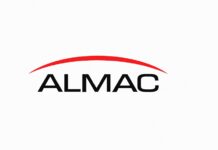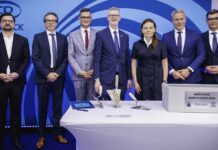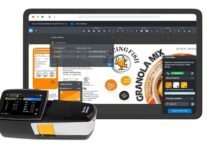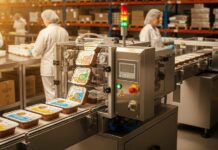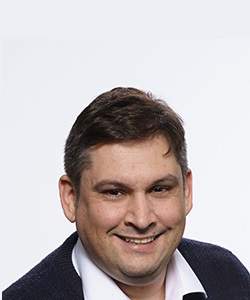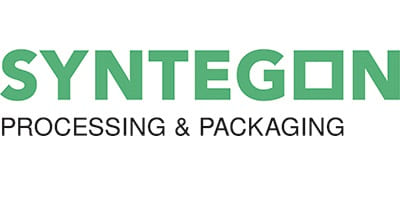Equipment and processes that have been running in the same way for years are prone to small errors. They often occur unnoticed but can severely impact performance and output. This makes it even more important to question the status quo, even when systems supposedly run smoothly. During a technical audit, Syntegon and a German manufacturer of liquid pharmaceuticals determined how machine functions could be improved – with resounding success.
Production lines have a lot in common with traffic roads: when machine after machine is lined up, bottlenecks and coordination problems occur from time to time – albeit for completely different reasons than on transport routes for trucks and cars. In filling lines for liquid pharmaceuticals, the age of the technical components, improperly adjusted machines, or even software errors can cause packaging materials to not move smoothly through cleaning, sterilization, and filling systems. This often has serious consequences for the machines’ overall performance: even a few minutes of unplanned downtime and increased rejection rates drastically reduce output. Manufacturing companies and patients are at a disadvantage in these cases, as stalled processes lead to reduced market supply of vital medicines.
Vigilant companies take a closer look at their equipment and production processes to prevent this from happening – even when their processes are running smoothly. Experience shows that established processes and well-functioning machines can still be optimized. Technical audits provide significant support. A detailed analysis of production processes and machine functions helps to identify weaknesses, develop countermeasures, and promptly implement them. If equipment manufacturers and operators exchange information openly and pursue a common goal, they will achieve higher overall equipment effectiveness (OEE) and output for optimal patient care.
Liquid filling with room for improvement
A German manufacturer of liquid pharmaceuticals chose this path two years ago to significantly increase production capacities through higher availability. The company considered two levers to increase OEE: the optimum speed of the production lines and the interaction of different machine parts in the line, from cleaning and sterilization systems to filling and capping machines. Until then, minor stops on the lines affected the OEE. Accumulations of containers in the feeding systems caused short but regular delays throughout the day. In addition, the company wanted to put the functions of various equipment components to the test on an exact data basis.
The pharmaceutical manufacturer opted for a pragmatic and time-saving approach to achieve the desired result as quickly as possible: the equipment provider was to test three complex and well-running systems together with the inhouse experts. With Syntegon, the customer had an experienced partner at its side who not only supplies modern technology, but also comprehensively inspects it if required. Syntegon offers exactly the kind of solution-oriented analysis and collaboration that the company had in mind: technical audits.
Technical audits as a service
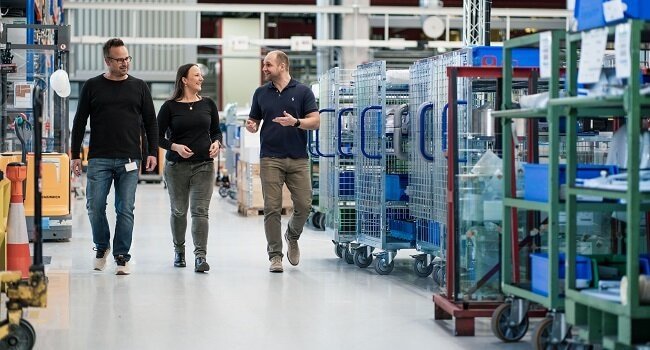
Syntegon’s technical audits are carried out by an interdisciplinary team of proven equipment experts. They examine the machines during an on-site inspection that lasts several days. The tasks involve recording stops and categorizing them by machine and assembly groups to get to the bottom of common problems. The result is a series of recommendations to target both easy-to-solve and more challenging issues. Solutions include operator training, where necessary, in addition to determining optimal setup parameters and technical retrofits.
“The project proved to be particularly challenging, as our customer wanted to take a well-functioning solution to the next technological level,” says Manuel Schoeppler, Sales Manager Syntegon Service. “It required a customized, detailed analysis to determine the desired potential for improvement.” Syntegon’s team looked at the core processes for several days and stayed in close contact with the customer’s own experts. “When technological and pharmaceutical knowledge blend in such an exemplary way, results are not long in coming,” the service expert recalls.
After various test runs with technical aids, including sensor-equipped plastic containers, Syntegon was able to detect small stoppers and accumulations of containers that were not noticeable at first glance in everyday production. The experts identified bottlenecks on the filling machine where containers and equipment touched, as well as undesirable tilts and rotations of the primary packaging. In addition, Syntegon found possibilities for adapting the control sensor technology, which is for example used for scanning cartridges in the infeed, to make it detect the containers even more accurately.
Focus on hardware and software
In addition to the mechanical aspects, Syntegon also tracked down software problems: the control software of many machines includes functions that were not needed during operation but occasionally led to error messages. This was another reason to make program changes to the respective systems. „Patience and the will to take a closer look at the processes led to success in this particular case,“ says Manuel Schoeppler.
The data-based results provided sound reasons for necessary adjustments. From the customer’s point of view, the findings also favored timely releases of important investment funds. “As a result, the customer made important adjustments shortly after the audit was completed, and implemented quick wins even during the inspection itself,” Manuel Schoeppler recalls. More extensive work, such as sensor adjustments or program adaptations, extended over a period of one year – a time span that, in retrospect, was more than worthwhile.
Performance boost through audits
As a result, the pharmaceutical company was not only able to reduce malfunctions in the feeding systems; it could also sustainably increase the number of filled containers per hour. The experts adjusted individual assembly groups after the audit, synchronized the connected machines, and fine-tuned their settings so that they harmonize optimally. Since then, delays as well as oversupply or undersupply of individual machines are a thing of the past. Thanks to the technical audit, the pharmaceutical manufacturer significantly exceeded its own ambitions: the company increased its output by an impressive ten percent on the three lines that were already running well.
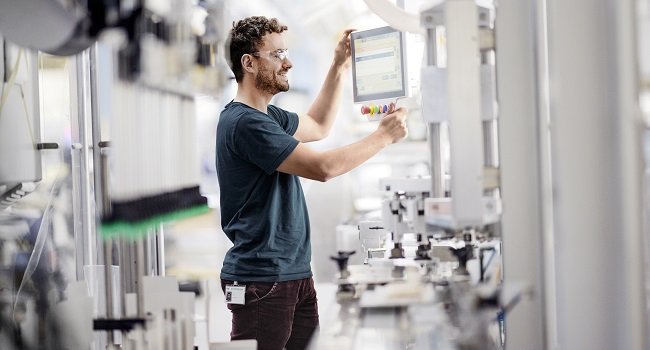
Goal achieved, project completed? Not quite: “A completed technical audit does not put an end to our collaboration,” as Manuel Schoeppler explains. “In fact, it’s rather the opposite.” Even today, the respective experts meet every two weeks to define new tasks. They are currently focusing on preventive maintenance, i. e. training operating personnel in the handling of technical components to minimize costly repairs from the outset. The successful cooperation with Syntegon has also become “best practice” within the pharmaceutical company, which would like to standardize close agreements with its equipment suppliers outside Germany. Hence, neither the optimization, nor the successful cooperation are likely to end anytime soon.




